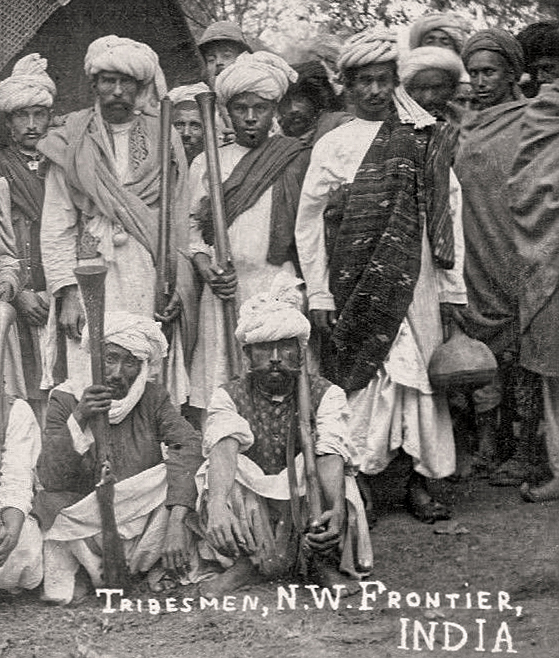East View Archive Editions
Tribes of the North-West Frontier: British Records, 1836–1960
Coming Soon!
Tribes of the North-West Frontier: British Records, 1836–1960 presents documentary evidence of British interests in the North-West Frontier of the British Indian Empire, as this was understood in the mid-nineteenth century. The region in question now comprises the western frontier of Pakistan. This collection brings together a wide range of official British documents spanning the period 1836–1960, including telegrams, letters, and memoranda authored by various historical figures both famous and obscure, all of which serve to present a primary record of developments along the North-West Frontier from the earliest days of control by the British East India Company to border disputes between the newly formed government of Pakistan and the Kingdom of Afghanistan in the 1950s and early 1960s.
The region stretching from the Pamir Mountains in the north to the Malik Siah Mountains in the south is the ancestral homeland of numerous Pashtun tribes, and the history of the North-West Frontier in many ways documents the history of these tribes, as their actions have alternately hindered and helped attempts by major powers to exert influence in the area throughout the centuries.
